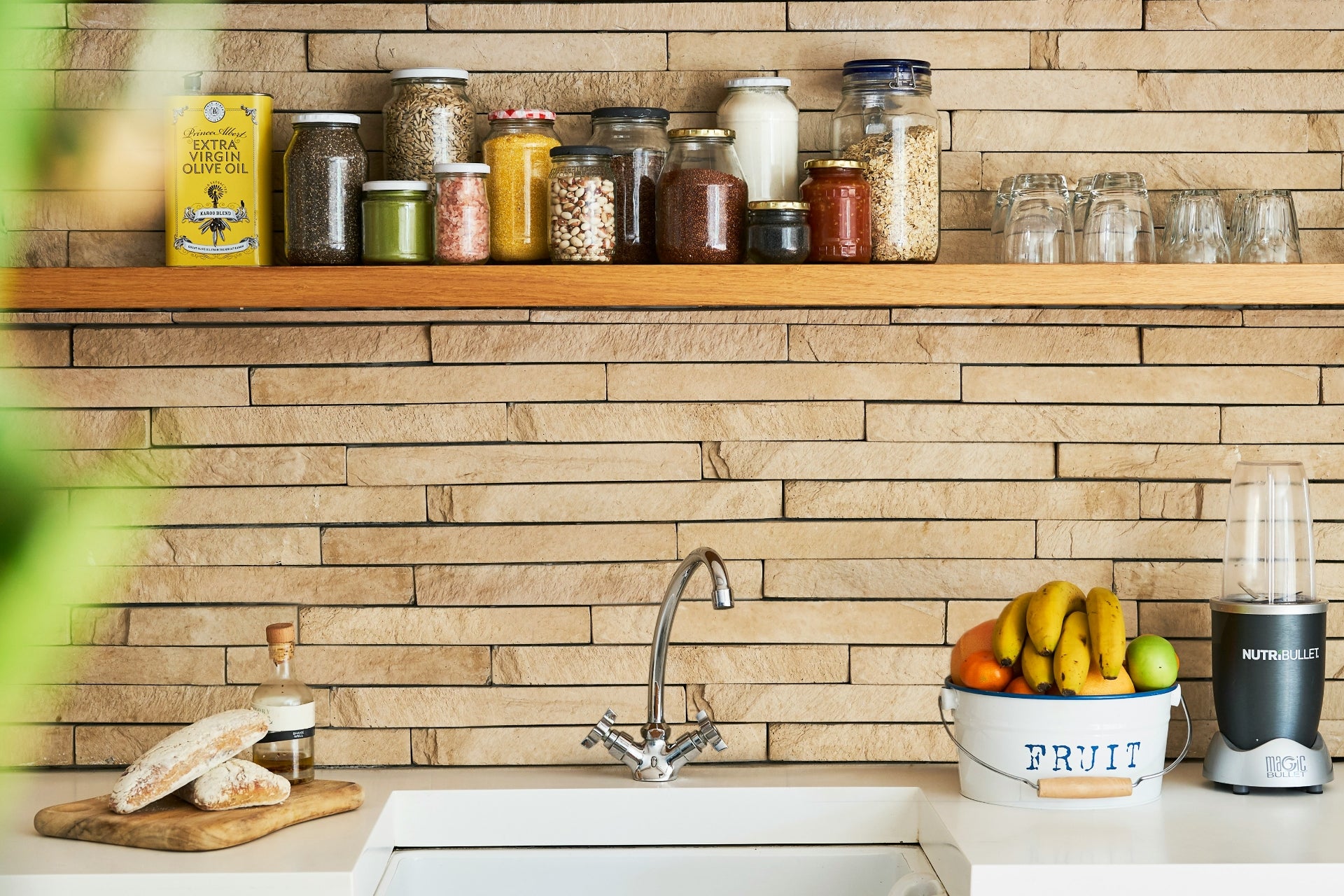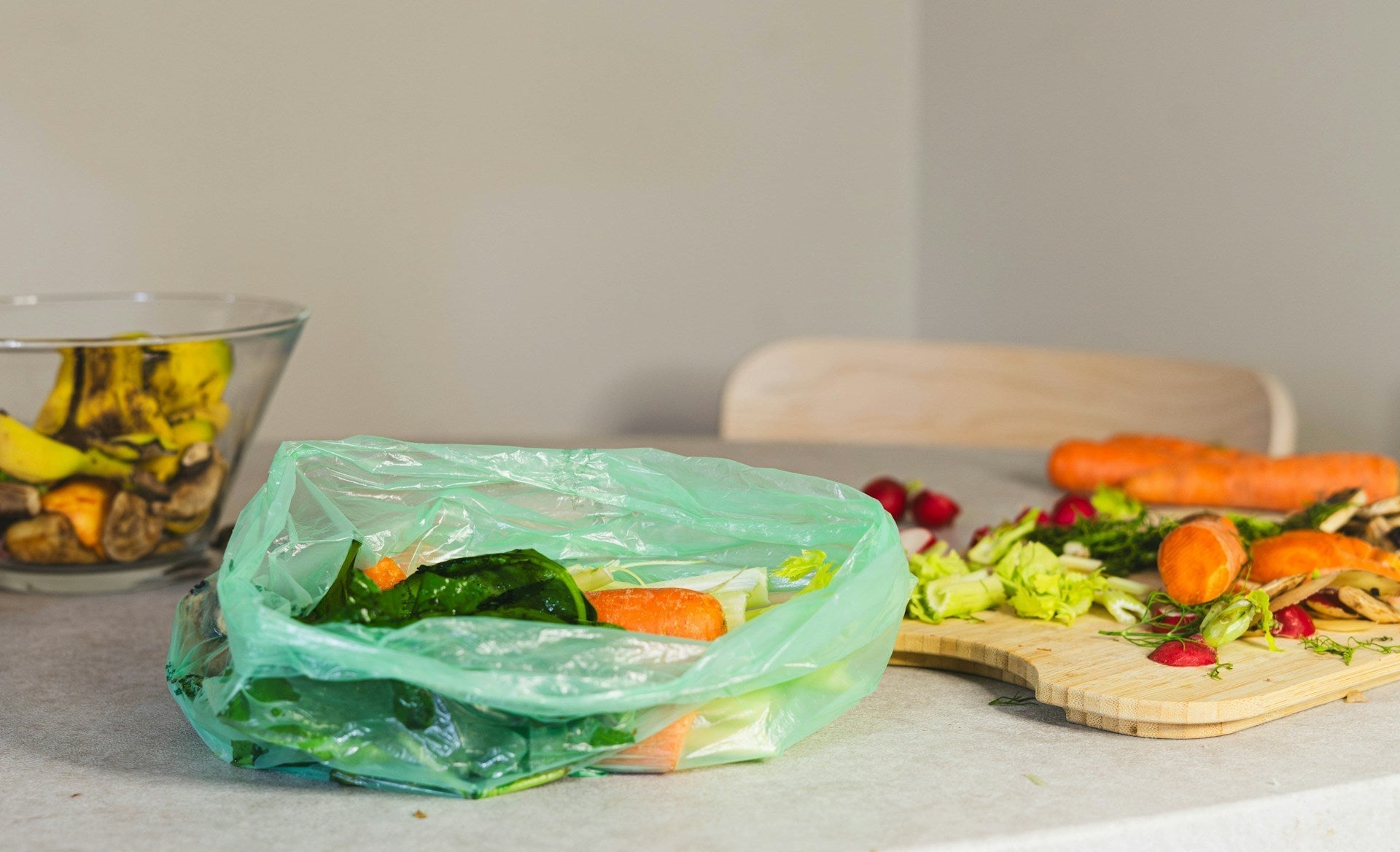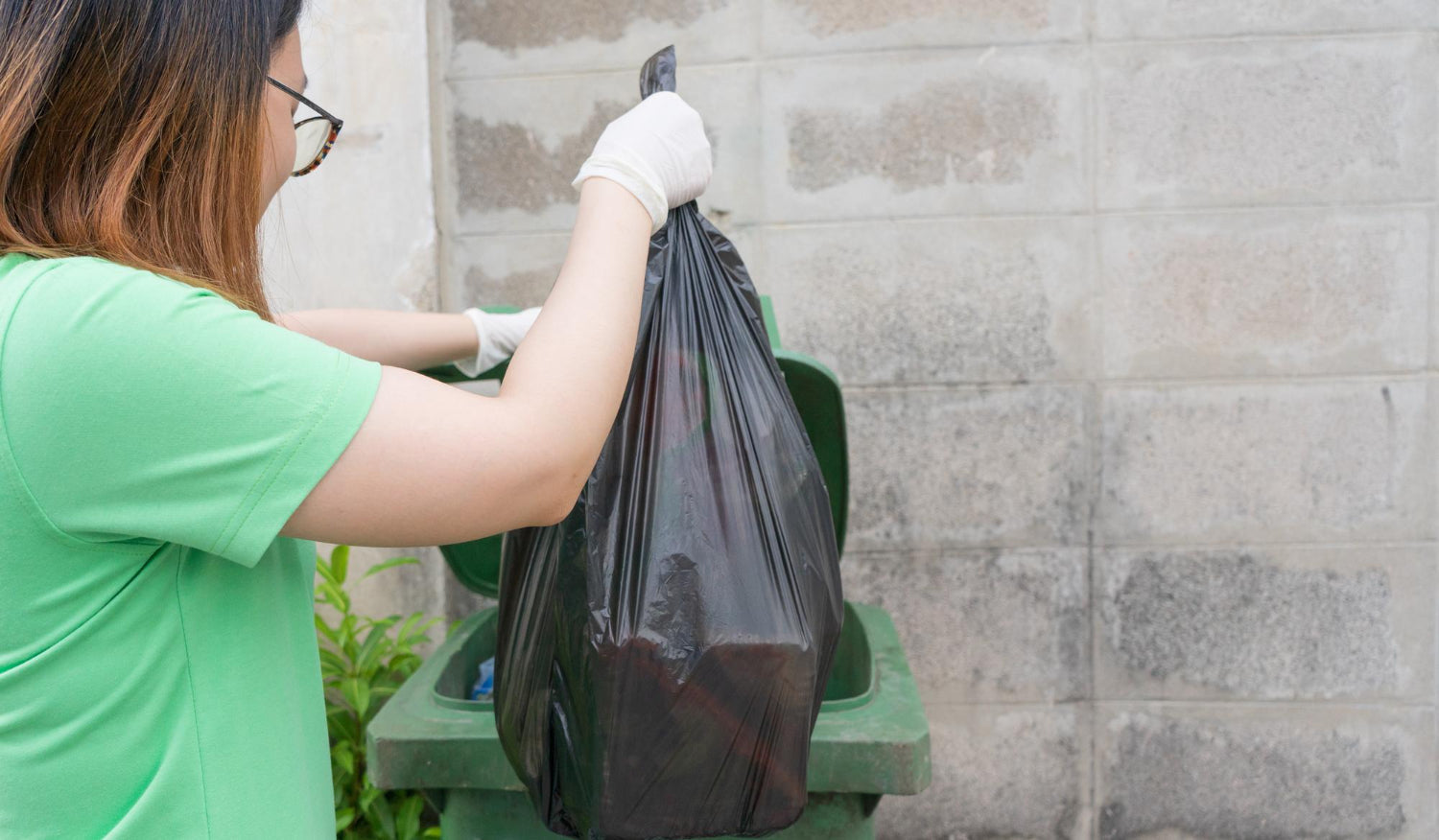The kitchen is often the heart of the home, bustling with daily activities that contribute to the overall functioning of a household. From cooking and baking to meal planning and grocery shopping, a significant amount of waste can be generated in this central space. With growing concerns about the environmental impact of plastic waste and pollution, an increasing number of households are seeking ways to embrace sustainability and reduce waste in their kitchens. Creating a zero waste kitchen involves rethinking the materials, products, and habits that contribute to waste generation and adopting eco-friendly alternatives and practices that minimize our environmental footprint.
In this article, we'll guide you through essential strategies to transform your kitchen into a zero waste, environmentally-conscious space that fosters sustainable living. We'll explore sustainable meal planning, eco-friendly practices for food storage, waste reduction techniques, and responsible waste management solutions, including using compostable trash bags as a green alternative to traditional plastic bags. Our objective is to empower you to create a kitchen that minimizes waste, maximizes efficiency, and promotes a healthier, more sustainable lifestyle.
Embrace the journey toward a zero waste kitchen, and join us as we delve into actionable tips for reducing waste, benefiting both your household and the environment. Let's work together to create more sustainable kitchens, paving the way for a cleaner, greener future for all.
1. Sustainable Meal Planning for a Zero Waste Kitchen
An effective strategy to reduce waste in your kitchen starts with meal planning. Thoughtful planning of your meals can lead to smarter, more sustainable grocery shopping, reduce food waste, and save time and money. Here are some useful meal planning tips for creating a zero waste kitchen:
- Plan meals based on ingredients you already have: Before heading to the grocery store, take an inventory of what's already in your kitchen. Plan meals around perishable items that need to be used, or staples that can be easily supplemented with a few fresh ingredients.
- Consider ingredient overlap: When planning multiple meals for the week, try to incorporate overlapping ingredients that can be used in different dishes. This approach minimizes waste and promotes efficient use of resources.
- Opt for recipes that use whole foods and minimize packaging: Choose recipes that use nutritious, whole foods with minimal processing, and avoid recipes that call for excessive pre-packaged or single-use items.
2. Eco-Friendly Food Storage for a Zero Waste Kitchen
Adopting eco-friendly practices for food storage is essential in creating a zero waste kitchen. Consider these sustainable food storage options that minimize plastic waste:
- Reusable containers: Replace single-use plastic bags and containers with reusable, leak-proof containers made from materials such as glass, stainless steel, or silicone. These durable containers can be used for storing leftovers, snacks, or bulk items and are often dishwasher, microwave, and freezer safe.
- Beeswax wraps and cloth covers: Instead of plastic cling wrap, use beeswax wraps or cloth covers to store fruits, vegetables, or cover bowls and dishes. These products can be washed and reused, reducing plastic waste.
- Mason jars and glass bottles: Glass jars or bottles can serve as versatile food storage options for everything from dry goods and pantry staples to liquids and beverages. Look for containers with airtight lids to keep your food fresh and protected.
3. Waste Reduction Techniques for a Zero Waste Kitchen
Reducing waste is key to maintaining a zero waste kitchen. Implement the following waste reduction techniques to further minimize waste and promote sustainability:
- Buy in bulk: Purchase pantry staples and other non-perishable items in bulk to minimize packaging waste and maximize savings. Consider repurposing glass jars or other reusable containers to store your bulk items.
- Shop with reusable bags and produce bags: Bring reusable grocery bags and produce bags with you when shopping to reduce the use of single-use plastic bags. Look for bags made of durable, washable materials like cotton or canvas.
- Choose minimally-packaged or sustainable-packaging products: Opt for products with minimal packaging, or those packaged in recyclable, compostable, or reusable materials. This reduces waste and supports companies that prioritize sustainable packaging solutions.
4. Responsible Waste Management in a Zero Waste Kitchen
Even in a zero waste kitchen, some waste is inevitable. The key is ensuring that you're managing this waste responsibly and in a sustainable manner. Use the tips below to establish responsible waste management practices in your kitchen:
- Recycle: Set up a recycling station in your kitchen to ensure recyclable items are properly sorted, cleaned, and disposed of according to your local recycling guidelines.
- Compost: Create a compost system for your food scraps and other compostable materials, such as compostable trash bags. You can choose from various composting methods, like a countertop compost bin, a worm bin, or an outdoor compost pile.
- Use compostable trash bags: Replace traditional plastic trash bags with compostable alternatives. These eco-friendly bags, like those available from Plastno, will degrade naturally without harming the environment, aligning with your zero waste kitchen goals.
Conclusion
By adopting sustainable meal planning practices, eco-friendly food storage methods, waste reduction techniques, and responsible waste management solutions – including Plastno's compostable trash bags – you can transform your kitchen into a zero waste, environmentally-conscious space. The journey toward a zero waste kitchen is filled with opportunities to make small adjustments that have significant, lasting impacts on both your household and the environment.
Take the first steps toward a more sustainable kitchen and a greener, cleaner lifestyle. Explore our range of compostable trash bags, designed to support your journey toward a zero waste kitchen and a more eco-friendly, conscious way of living. Together, we can make a difference for our planet and future generations.






Share:
Green Pet Care Guide: Eco-Friendly Cleaning Tips and Sustainable Practices for Pet Owners
The Ultimate Guide to Cleaning Seasonal Clutter: Tips for a Tidy and Eco-Friendly Home